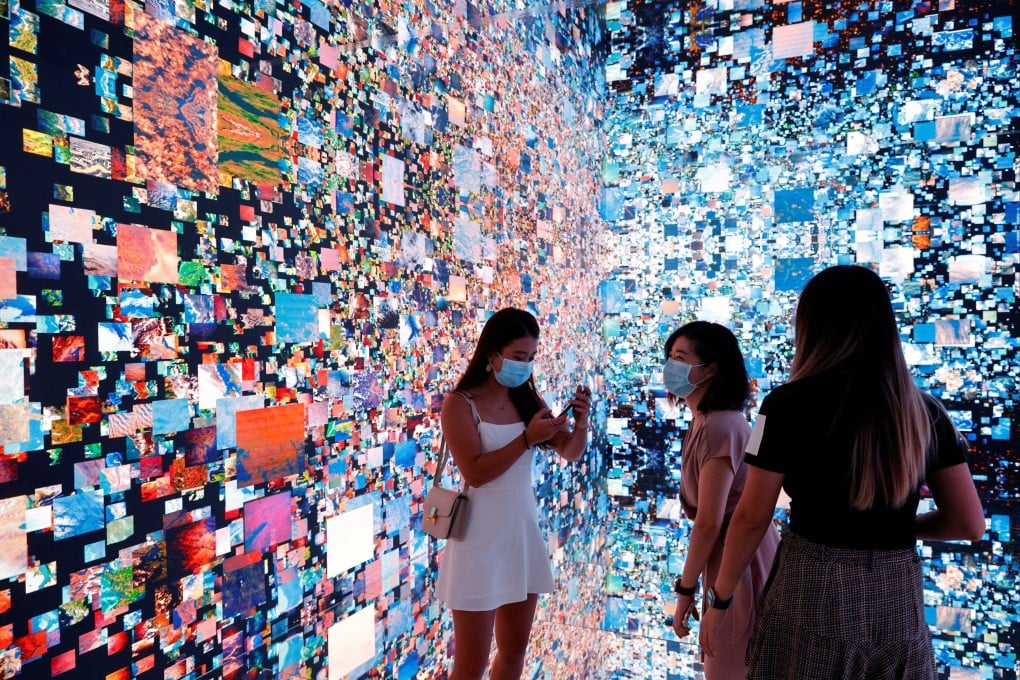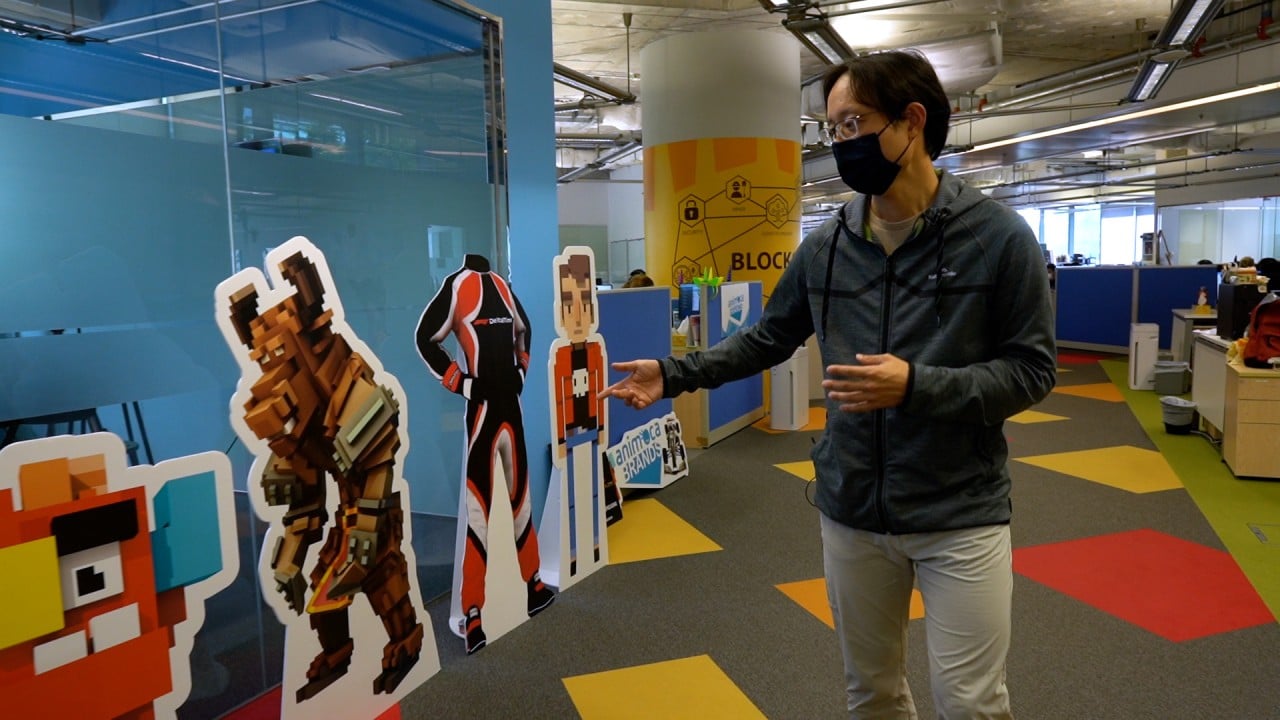Opinion | To get the best out of the metaverse, Hong Kong needs long-term vision
- Through the metaverse, Hong Kong can overcome the economic challenges of Covid-19 and land restraints, create new business models and offer the young social freedom
- But first, it needs to focus on development and building substance with a long-term outlook

Switzerland last year began to accept non-fungible tokens (NFTs) on its new digital exchange platform. Initially spurned as a bubble, NFTs are now expanding their frontiers across the cryptocurrency community and the mainstream alike.
NFTs and the metaverse are interconnected. In a metaverse, participants can showcase and trade digital forms of art and property using blockchain-backed NFTs.
The metaverse is entering the peak of its hype cycle. Its value is estimated at US$1 trillion, according to digital currency investor Grayscale. One business opportunity involves the buying and selling of digital real estate built on decentralised platforms. Such virtual land will allow digital identities or avatars to live, work and interact with each other.
But what about accessibility for the public? What will the upside be for other Hong Kong entrepreneurs?


